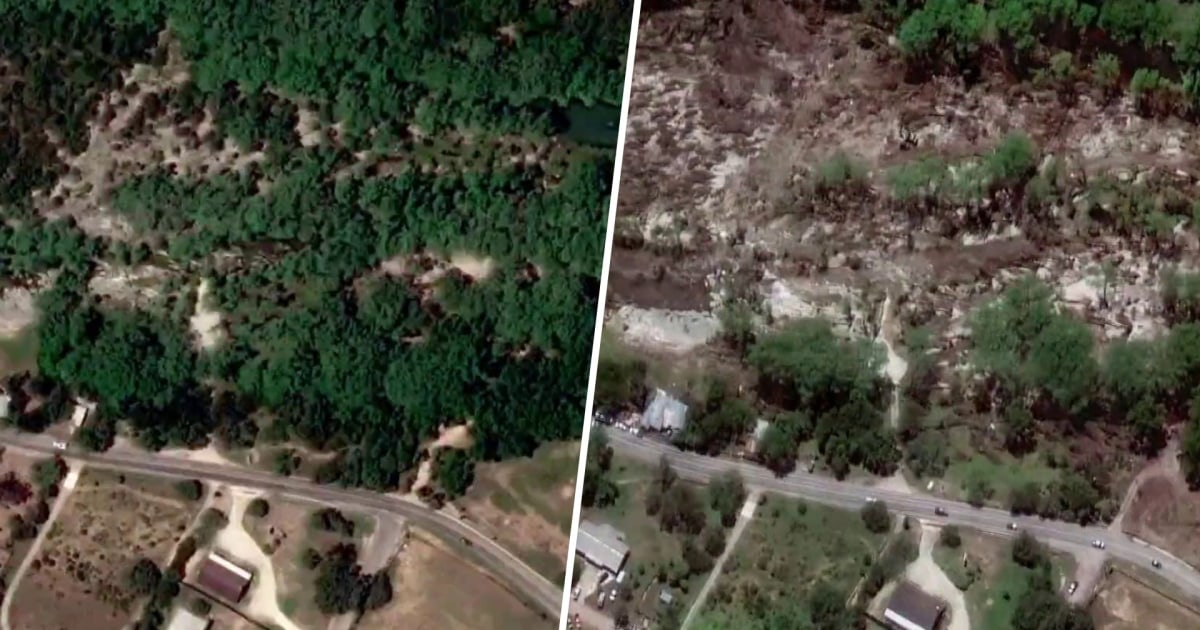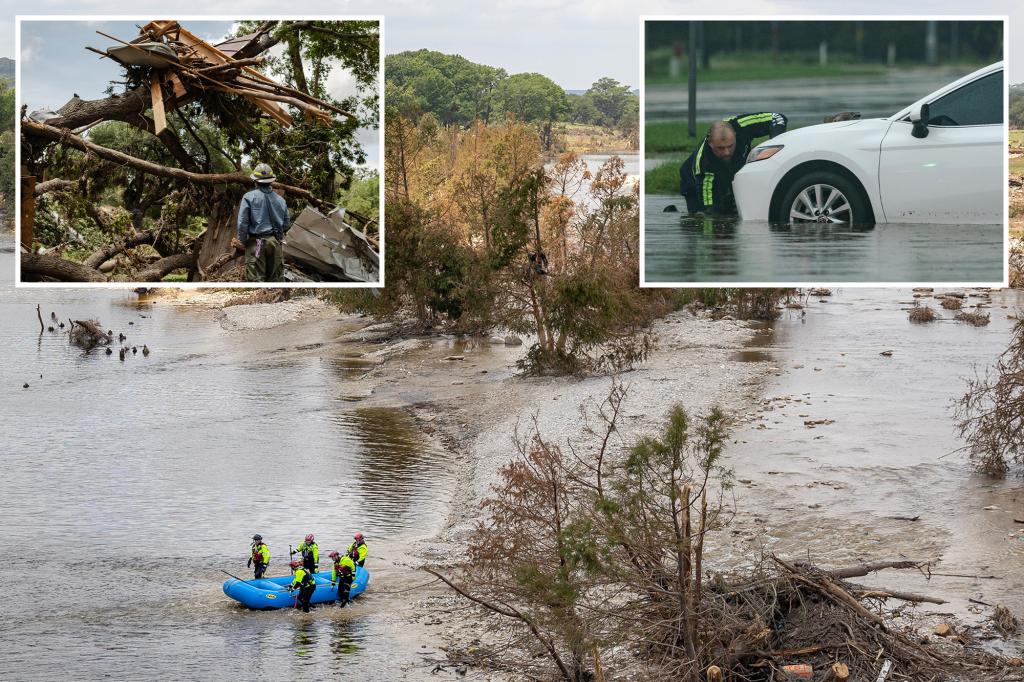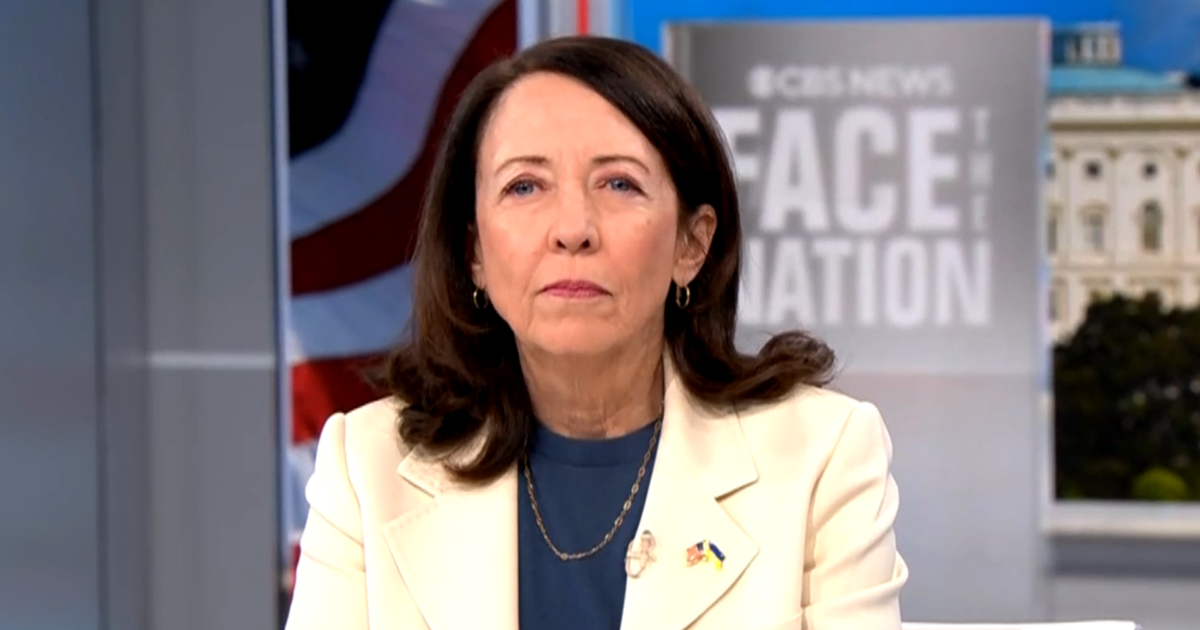Climate Change: A Global Emergency Demanding Immediate Action
As climate change accelerates, scientists warn that the world is facing an unprecedented environmental crisis. A recent report from the Intergovernmental Panel on Climate Change (IPCC) reveals that global temperatures are projected to rise by 1.5 degrees Celsius above pre-industrial levels by 2030 if current trends continue. This alarming forecast highlights the urgent need for international cooperation and immediate action to mitigate the effects of climate change.
The IPCC Report: Key Findings and Implications
The IPCC’s latest assessment, released in September 2023, paints a stark picture of the climate crisis. According to the report, human activities are responsible for approximately 1.1 degrees Celsius of warming since the late 19th century. If greenhouse gas emissions are not drastically reduced, the planet could face dire consequences, including more frequent and severe weather events, rising sea levels, and irreversible damage to ecosystems.
Dr. Anna Mitchell, a climate scientist at the National Oceanic and Atmospheric Administration (NOAA), emphasizes the urgency of the situation: “We are at a pivotal moment in history. If we do not act quickly and decisively, we risk leaving a devastated planet for future generations.” The report suggests a range of solutions, from transitioning to renewable energy sources to implementing stricter regulations on emissions.
Global Responses to the Climate Crisis
In response to the IPCC’s findings, countries around the world are stepping up their commitments to combat climate change. The United Nations Climate Change Conference (COP28), scheduled for November 2023 in Dubai, will serve as a platform for nations to discuss targets and policies aimed at reducing carbon emissions. The conference is expected to attract leaders from over 190 countries, as well as environmental activists and scientists.
- Countries like the United States and the European Union are aiming for net-zero emissions by 2050.
- China, the world’s largest emitter, has pledged to peak carbon emissions before 2030 and achieve carbon neutrality by 2060.
- India is set to increase its renewable energy capacity significantly, aiming for 500 GW by 2030.
These commitments reflect a growing recognition that climate change is a global issue requiring collective action. However, experts caution that actual implementation of these targets remains uneven. “While many countries have made bold promises, translating these commitments into tangible actions is the real challenge,” states Dr. Robert Chang, an environmental policy expert at the World Resources Institute.
The Economic Impact of Climate Change
The economic implications of climate change are profound. According to a study by the National Bureau of Economic Research, climate change could cost the global economy up to $23 trillion by 2100 if significant mitigation efforts are not undertaken. This projection includes damages from extreme weather events, loss of agricultural productivity, and escalating health care costs due to pollution.
“The cost of inaction will far exceed the investments needed to combat climate change,” argues Dr. Emily Carter, an economist specializing in climate-related financial risks. “By investing in green technologies today, we can create jobs and stimulate economic growth while protecting our planet.”
The Role of Individuals and Communities
While government policies and corporate actions are crucial, individual choices also play a significant role in addressing climate change. From reducing energy consumption to opting for sustainable products, every small action contributes to the larger effort. Communities are increasingly engaging in local sustainability initiatives, such as community gardens, tree planting, and renewable energy projects.
- Individuals can reduce their carbon footprint by using public transport, cycling, or walking.
- Participating in local clean-up drives can help improve community resilience.
- Educating others about climate change fosters a culture of sustainability.
“Grassroots movements are essential for driving change at the local level,” says Maya Thompson, a community organizer focused on environmental justice. “When people come together to advocate for their environment, they can influence policy and inspire others to take action.”
Innovations in Climate Solutions
Innovative technologies are emerging as powerful tools in the fight against climate change. Advances in renewable energy, such as solar and wind power, are making sustainable energy more accessible and affordable. Additionally, carbon capture and storage (CCS) technologies are being developed to reduce greenhouse gas emissions from industrial processes.
The growing popularity of electric vehicles (EVs) is another sign of a shifting paradigm. Sales of EVs surged by 50% worldwide in 2022, reflecting consumer demand for cleaner transportation options. “The transition to electric vehicles represents a significant step towards reducing our reliance on fossil fuels,” notes Dr. Sarah Jenkins, a transportation policy analyst.
Conclusion: A Call to Action
As climate change continues to escalate, the need for immediate and sustained action has never been more urgent. Governments, businesses, and individuals must work collaboratively to implement effective strategies that address this global crisis. With the upcoming COP28 conference, there is a critical opportunity for nations to reaffirm their commitments and share innovative solutions.
“The time for talking is over; we need to act decisively,” concludes Dr. Mitchell. “The future of our planet depends on the choices we make today.” To join the fight against climate change, individuals can start by advocating for policy changes, reducing their carbon footprint, and supporting sustainable practices in their communities. Together, we can forge a path towards a more sustainable and equitable future.



